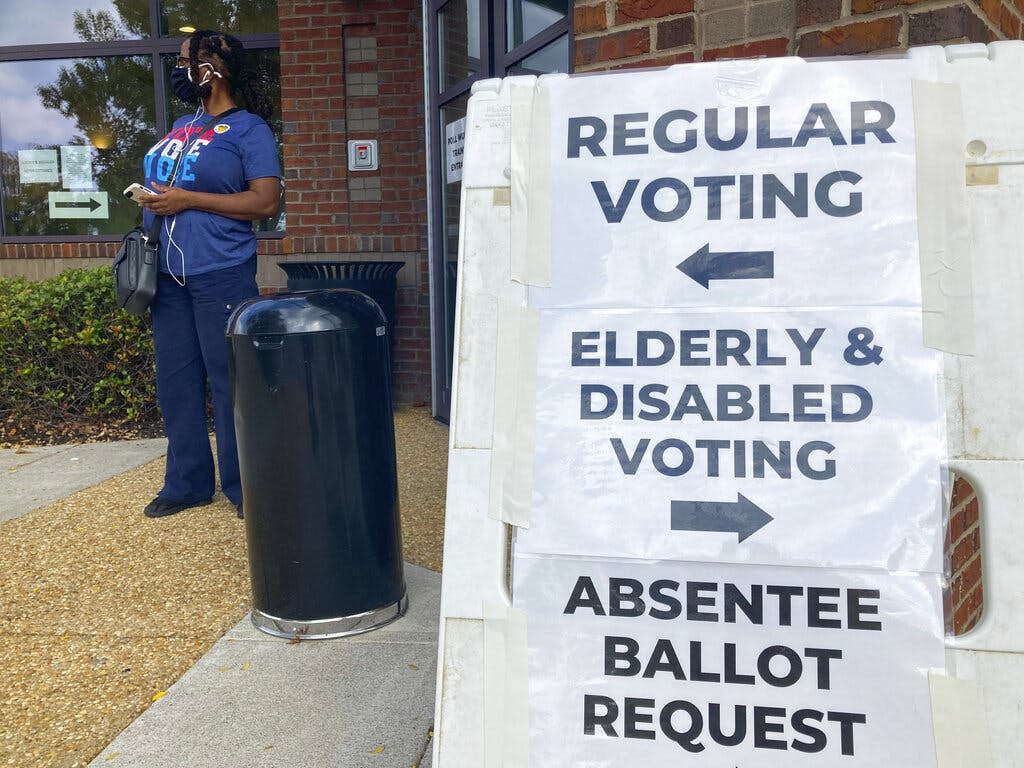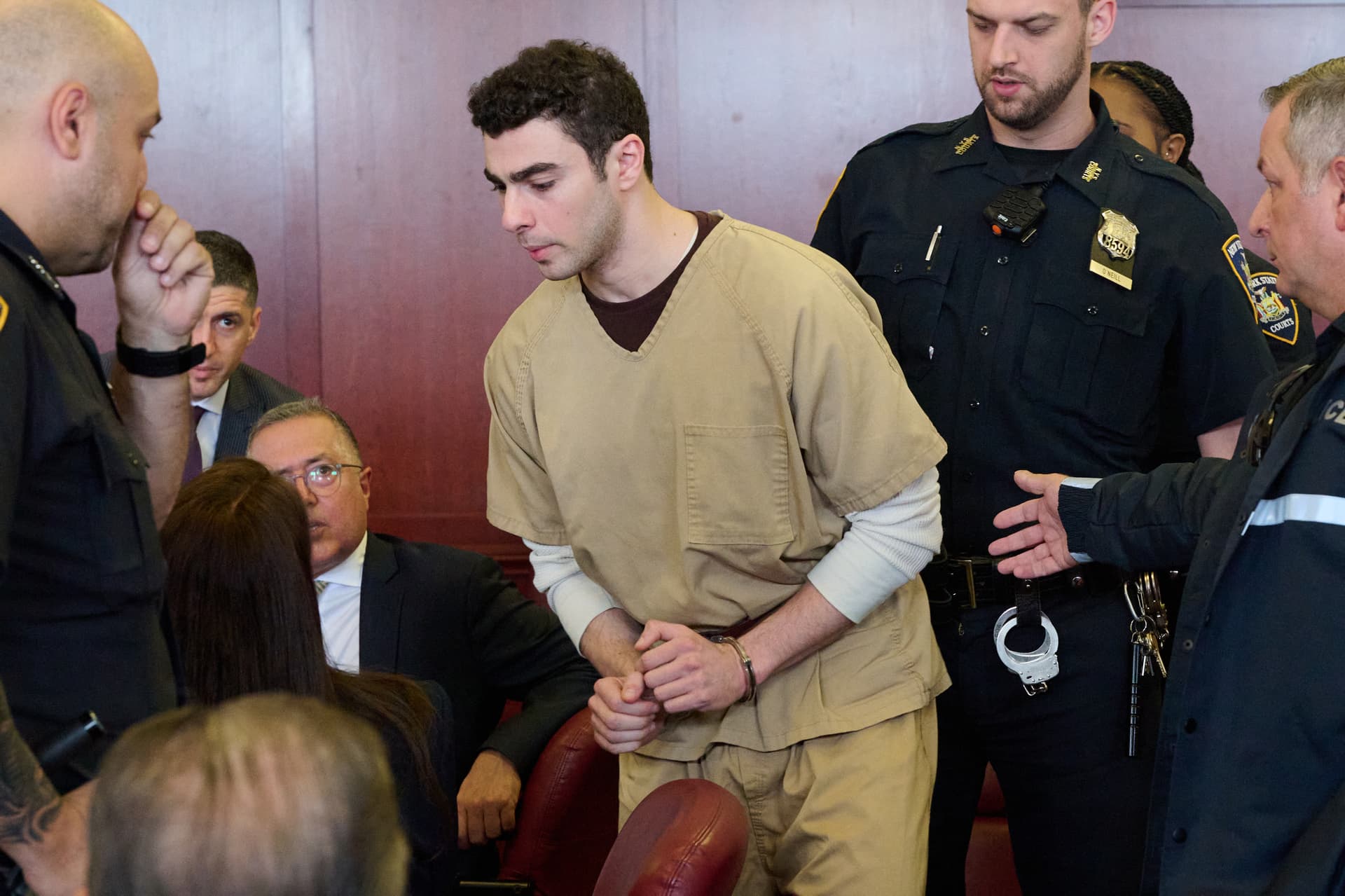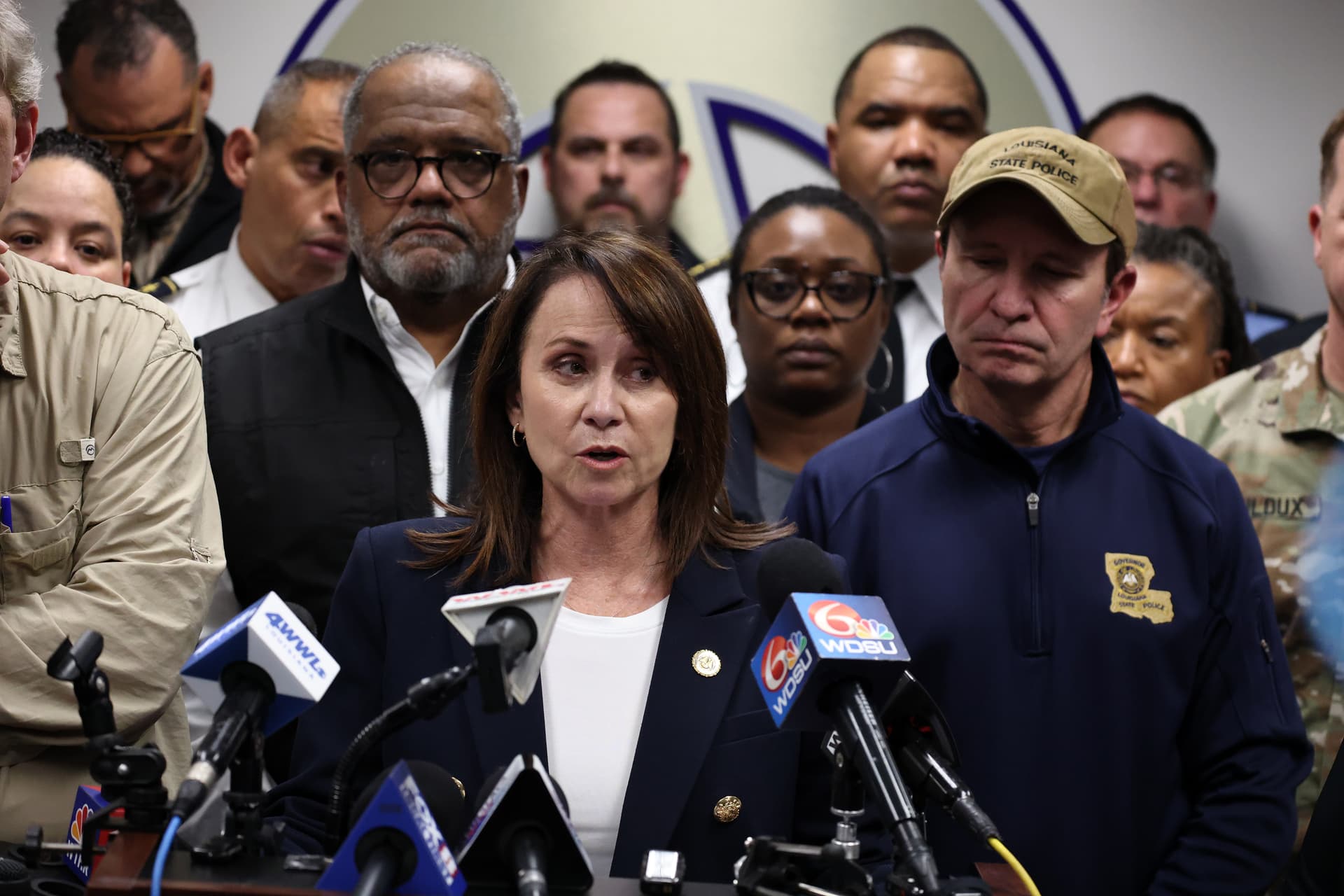
Economical Horror Indie ‘The Arborist’ Outshines Ryan Coogler’s ‘Sinners,’ in Many Respects
By MARIO NAVES
|People should expect a wave of litigation and possible challenges to results following the 2022 midterms and — if the 2020 elections are any lesson — should expect the election season to bleed well into 2023.


By MARIO NAVES
|
By LUKE FUNK
|
By MARIE POHL
|
By DAVID JONES
|
By NOVI ZHUKOVSKY
|
By DONALD KIRK
|
By LUKE FUNK
|
By BRADLEY CORTRIGHT
|Already have a subscription? Sign in to continue reading
$0.01/day for 60 days
Cancel anytime
By continuing you agree to our Privacy Policy and Terms of Service.